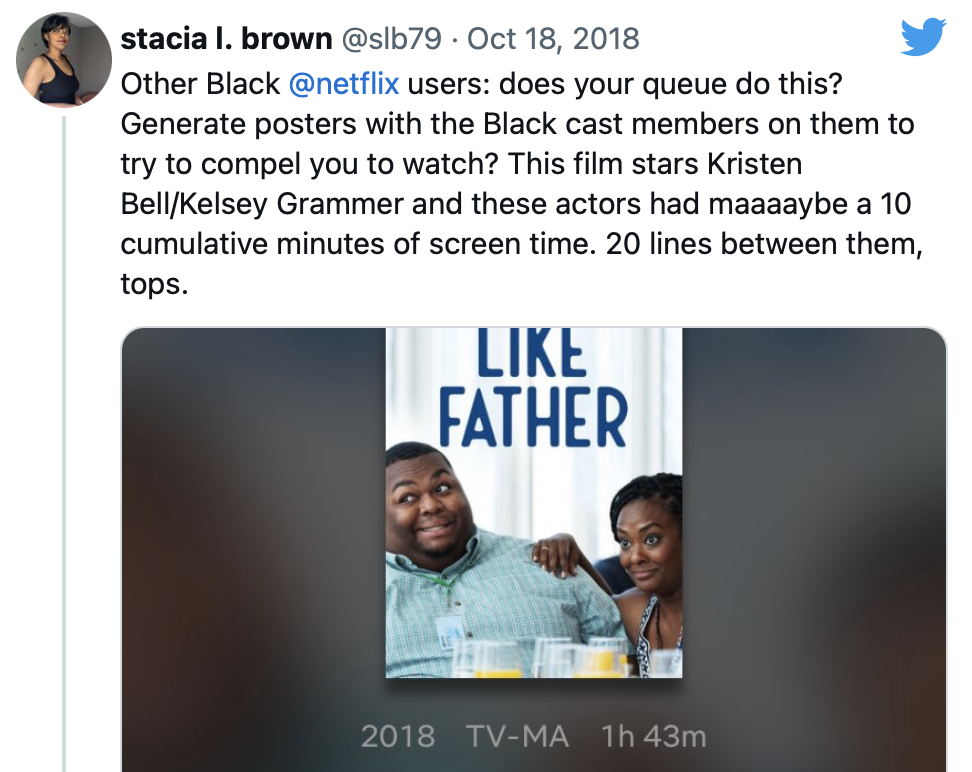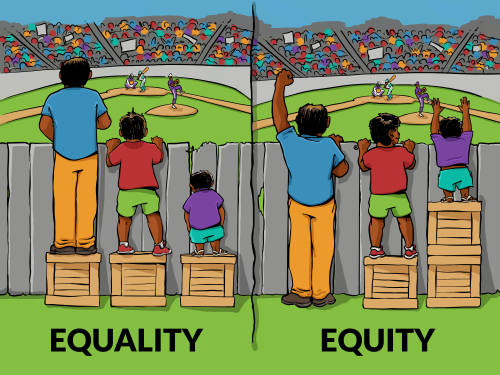Jack Saint recently made a video remarking on Netflix, and how Netflix appeared to be criticizing itself. He was talking about the show Dahmer, which Jack Saint felt was exploitative. And then an episode of Black Mirror appeared to make the same point by portraying an exploitative documentary that was obviously in reference to Dahmer. I will not comment on either show because I don’t like TV enough to watch the stuff, and I only really enjoy watching youtubers talk about TV I don’t watch.
However, I do have an opinion on the supposed hypocrisy of Netflix, for putting out two television shows that thematically contradict each other. When a corporation like Netflix is hypocritical, that’s obviously quite unlike individual hypocrisy. It’s not a single individual saying something and then doing a different thing. It’s two groups of individuals who disagree with each other despite their common affiliation. The Dahmer creators don’t think it’s exploitative (or don’t care), and the Black Mirror creators do. The executives above them don’t care enough to intervene either way. There’s no real hypocrisy on an individual level.



